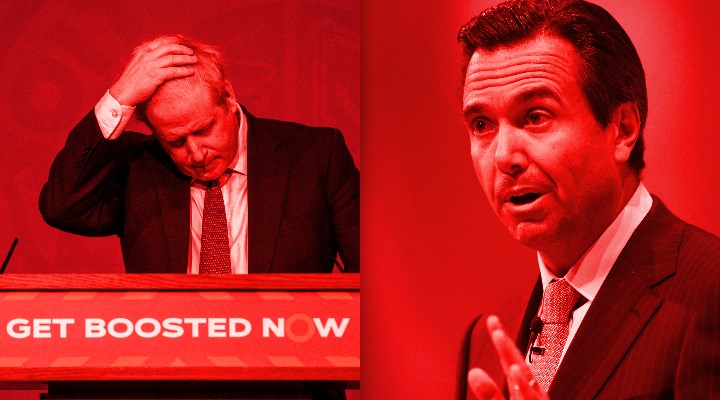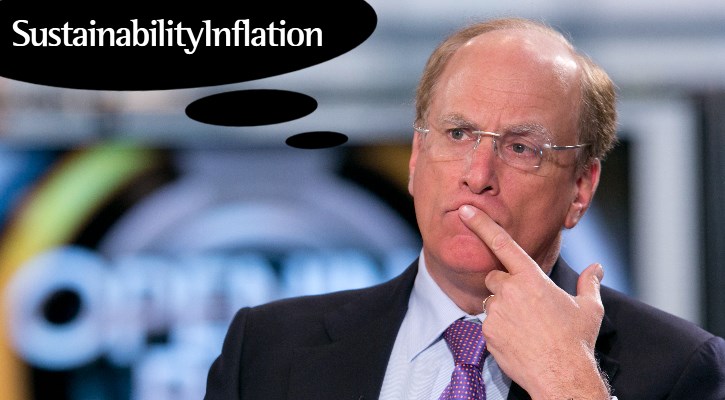
If there is one thing Britons have learned in the last two years, it is that coronavirus spreads fast. Now, a new spectre is on the horizon and spreading with a vengeance: rule breach revelations (and their consequences).
Prime minister Boris Johnson is currently up to his neck in repeated scandals surrounding breaches of Covid-19 social restrictions. While the UK's premier is clinging on and deploying all possible means to resurrect his credibility, outside of Whitehall the repercussions for breaking the rules appear more serious.
Rule breaches have now claimed their first serious financial face in the form of former Lloyds Banking Group chief executive-turned Credit Suisse (CSGN) chairman António Horta-Osório.
"I regret that a number of my personal actions have led to difficulties for the bank and compromised my ability to represent the bank internally and externally," Horta-Osório said in a statement issued by the bank.
"I therefore believe that my resignation is in the interest of the bank and its stakeholders at this crucial time."
Reuters had originally reported that an internal probe was ongoing at the embattled Swiss bank, amid allegations Horta-Osório had attended the Wimbledon finals at a point where the UK's rules required him to remain quarantined.
The resignation strikes a blow to Credit Suisse's own comeback plans, after a series of scandals led the bank to hire Horta-Osório to oversee structural reforms.
Last year, family office Archegos Capital Management defaulted on several so-called "margin calls" made by investment banks, including Credit Suisse, Goldman Sachs and Morgan Stanley. The company was also exposed to the collapse of supply chain financing firm Greensill Capital, whose own implosion engulfed former prime minister David Cameron in a scandal regarding Westminster lobbying.
Horta-Osório was chief executive of Lloyds Banking Group between 2011 and 2021.











.jpg)
















